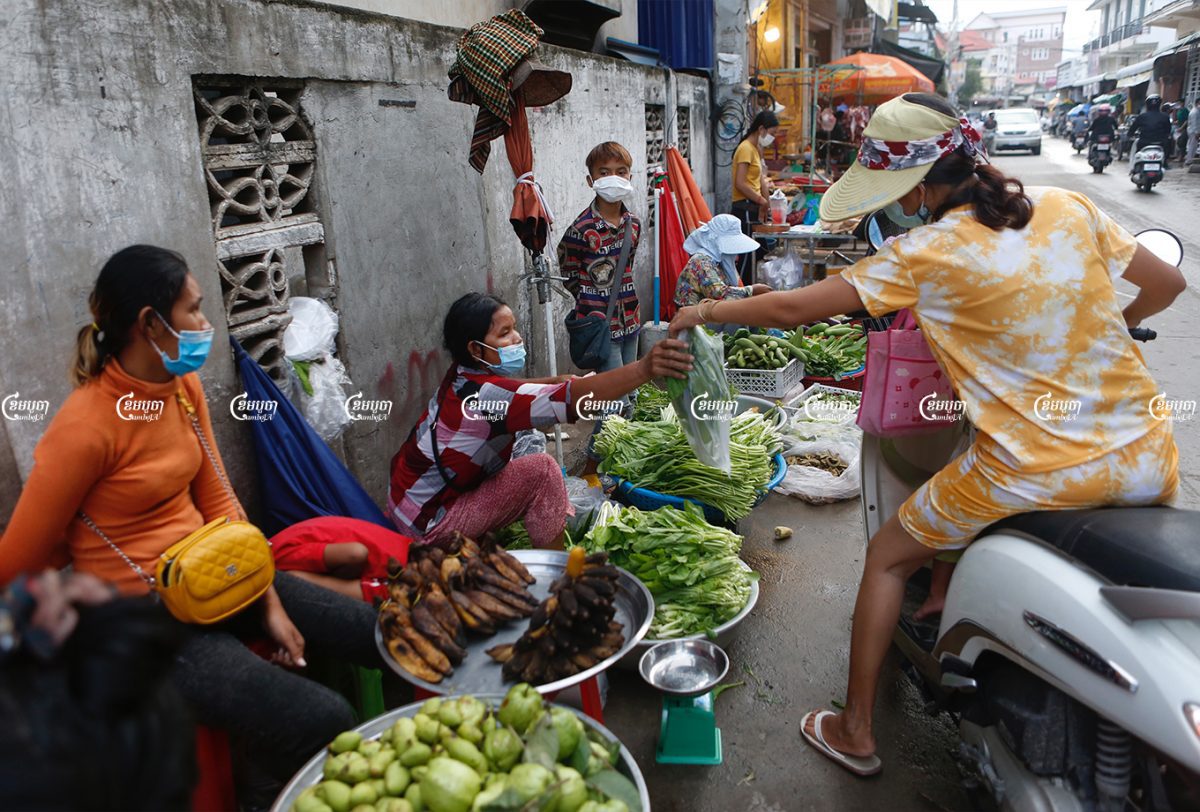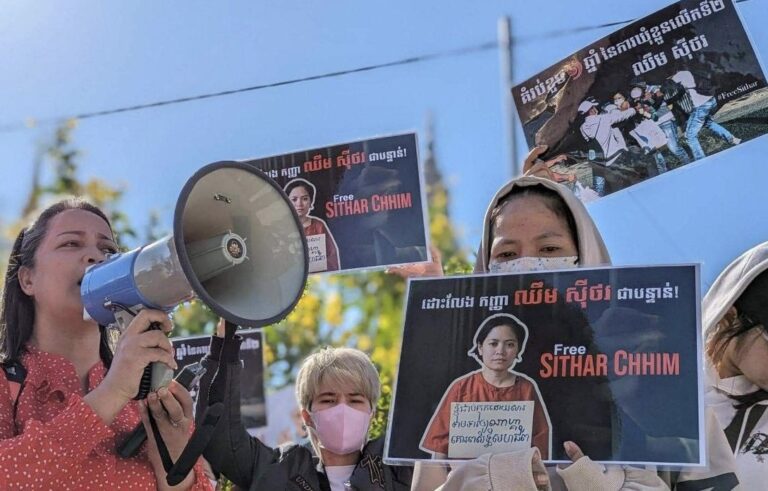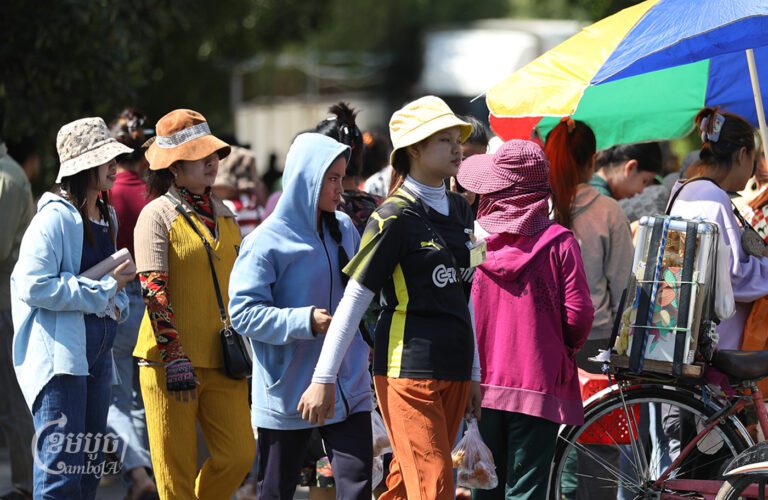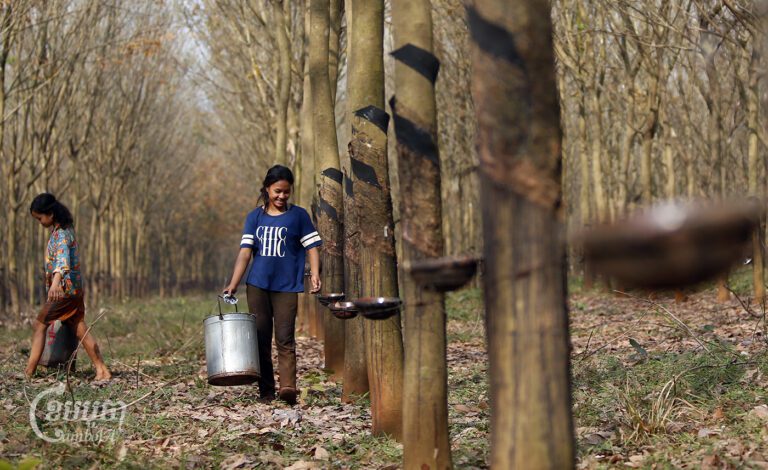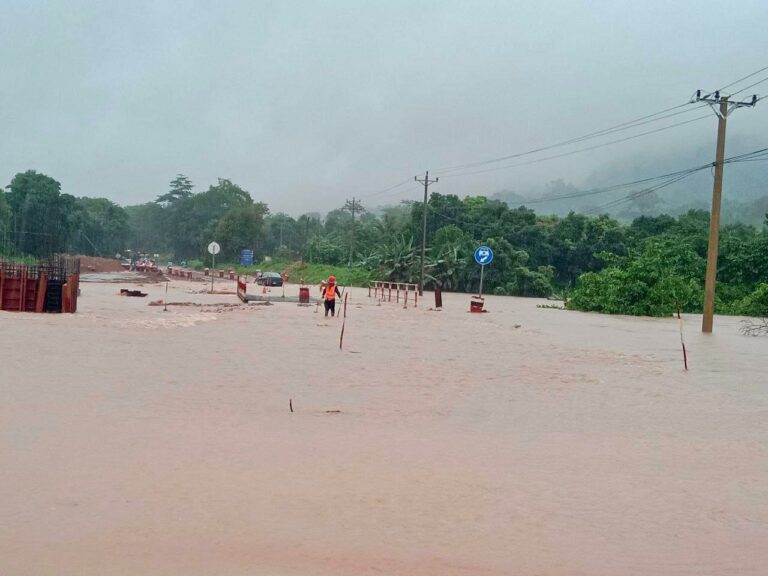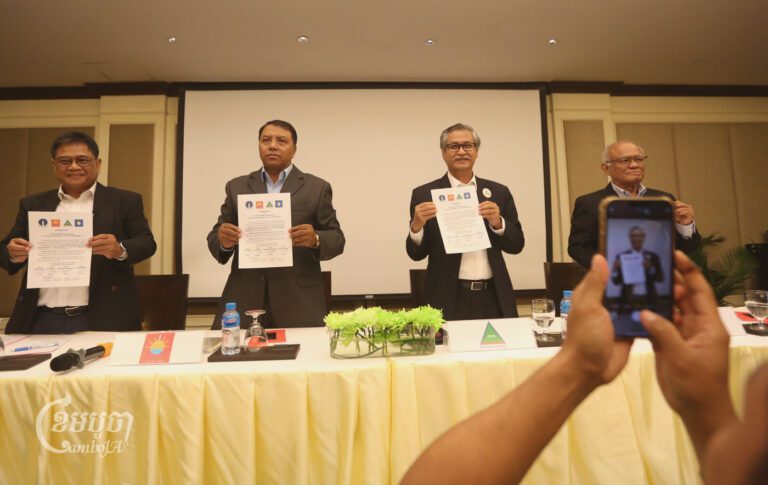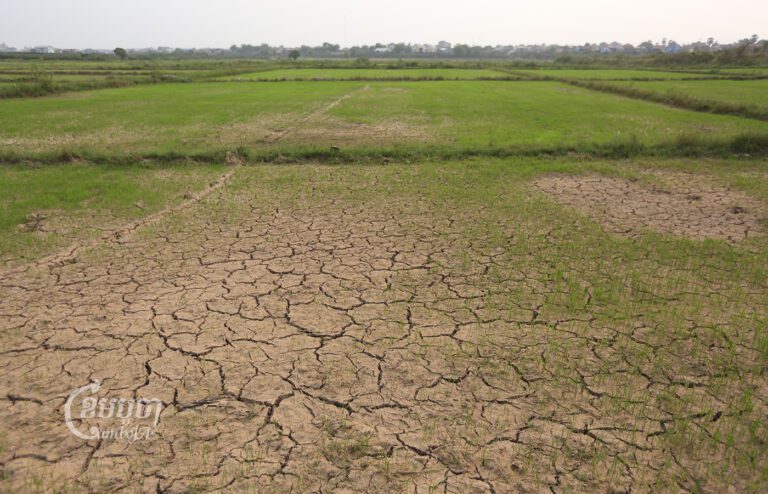Oxfam has urged the Cambodian government to ensure that a $240million debt-free fund announced by the International Monetary Fund (IMF) to support Cambodia’ economic recovery is used to benefit all Cambodians affected by COVID-19.
The IMF’s board of governors approved a general allocation of the largest Special Drawing Rights (SDRs) on 2 August 2021, equivalent to US$650 billion to boost global liquidity, including Cambodia, according to Oxfam.
In a press release, Oxfam’s Cambodia country director Solinn Lim asked the government to continue working transparently with other civil society organizations to ensure the fund will benefit all Cambodians affected by COVID-19.
“We encourage the RGC to take advantage of this SDR to further this support and make its pandemic intervention historically inclusive,” she said. “Cambodian people, especially the most vulnerable groups, will remember this legacy.”
She said the fund should benefit vulnerable groups such as women and girls facing sexual and gender-based violence, pregnant women, children, people with disabilities, indigenous people and ethnic minorities, people living with HIV/AIDS, homeless persons, and migrant returnees.
“It is imperative that the RGC puts a special focus of its relief programme on supporting informal economy workers and micro, small and medium size businesses that are the backbone of Cambodia’s economy,” she said.
Oxfam said that based on figures from the International Labour Organization (ILO) and the Ministry of Planning, the informal sector now represents 87.5 percent of Cambodia’s economy. The ministry has warned that 6 million informal workers are at risk of losing their livelihoods due to the pandemic.
Sim Kosal, from Prey Veng province, said he turned to work as a construction worker for about a month since he could not earn from driving his tuk-tuk. Kosal had previously taken out a loan of $5,000 to build a new house in his hometown as well as buy a tuk-tuk.
“I decided to work as a construction worker because I could earn some money for my family and pay back some of the interest,” he said. “My wife did not have a job before, she used to sell duck eggs in front of the royal palace and along the riverside, but now they are not allowed to sell at that location.”
Kosal is now living with his three children in a room that he rents for $20 a month. He says he can earn around $10 a day from construction.
Sun Kheng, a street food vendor in Phnom Penh, said that his income has dropped dramatically after the municipal authorities imposed a curfew to slow the spread of COVID-19.
“We can only sell for four to five hours a day without people walking around,” he said. “Before COVID, I could earn $70 a day, but now I hardly earn even $30.”
The government, which is in the process of preparing a post-COVID-19 Economic Recovery Plan, has also been providing a cash support program for poor families and vulnerable people as well as supporting small and medium enterprises. Both Kheng and Kosal said they had previously received some food assistance and direct cash payments during the capital’s lockdown, as they could not go out to work.
The World Bank in June approved $200 million worth of International Development Association (IDA) credit for Cambodia’s fight against the ongoing COVID-19 pandemic and broader economic recovery.
Cambodia’s economy has been hit hard by the pandemic. The UK-based Fitch Ratings credit rating agency has revised its 2021 real GDP growth forecast for Cambodia to 2.5 percent, down from its previous forecast of 3.8 percent.
Anthony Galliano, group CEO of financial services company Cambodian Investment Management Holding, said the IMF’s intent, in part, is to facilitate and support the quick eradication of the virus.
“I would expect these resources to be significantly allocated to economic recovery, especially in hard-hit sectors,” he said. “This SDR allocation will contribute to the financial resources to do so, especially for vaccination purchases and providing healthcare for vulnerable people.”
Vorn Pao, the president of the Independent Democracy of Informal Economic Association (IDEA), which has more than 15,000 informal workers as members, said that the government should pay more attention to vulnerable people during the pandemic.
“The government must urge local authorities to closely monitor and disseminate information to the people and to cooperate with civil society, especially those who work directly with the vulnerable, so the program will be implemented effectively,” he said. “As far as I know, people have complained that there is some discrimination from local authorities in distributing gifts.”
(Additional reporting by Sam Sopich)


